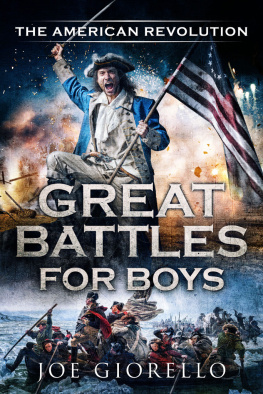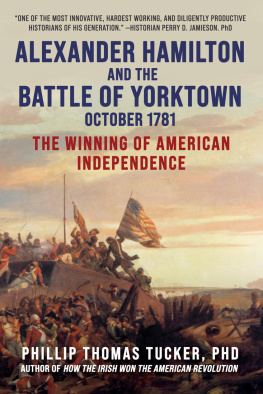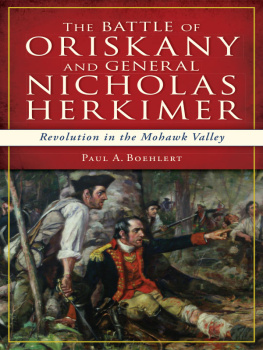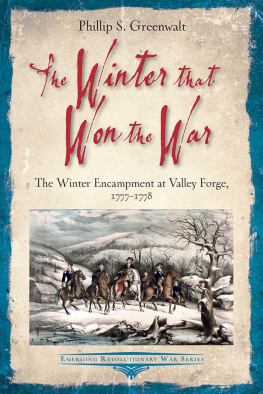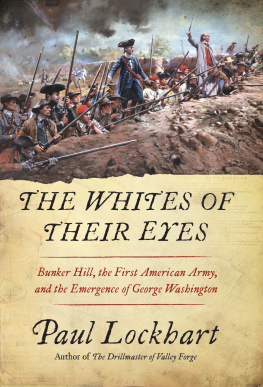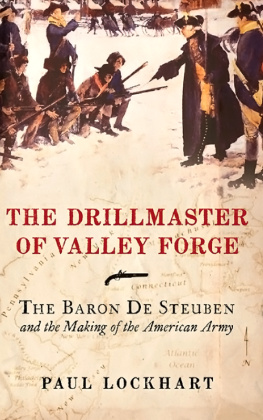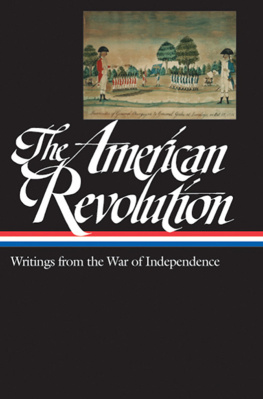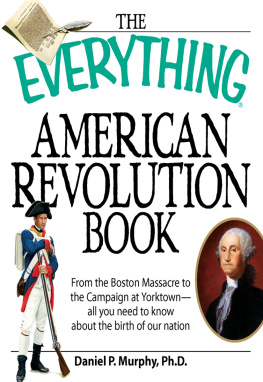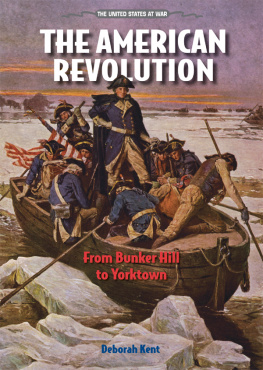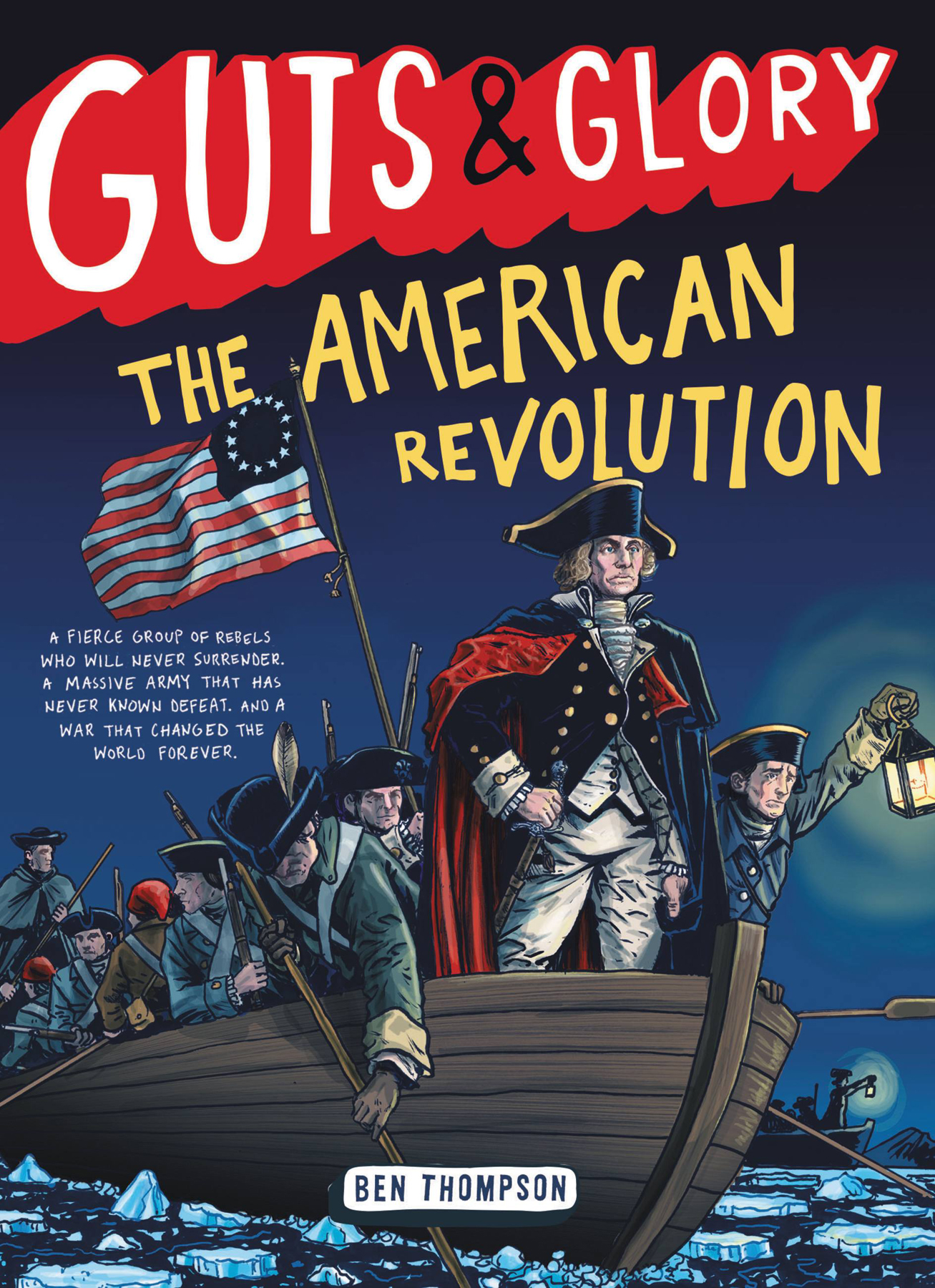Illustrations copyright 2017 by C. M. Butzer
Cover art copyright 2017 by C. M. Butzer.
Cover lettering by Maggie Edkins. Cover design by Karina Granda and Maggie Edkins.
Cover copyright 2017 by Hachette Book Group, Inc.
Hachette Book Group supports the right to free expression and the value of copyright. The purpose of copyright is to encourage writers and artists to produce the creative works that enrich our culture.
The scanning, uploading, and distribution of this book without permission is a theft of the authors intellectual property. If you would like permission to use material from the book (other than for review purposes), please contact permissions@hbgusa.com. Thank you for your support of the authors rights.
Little, Brown and Company is a division of Hachette Book Group, Inc. The Little, Brown name and logo are trademarks of Hachette Book Group, Inc.
The publisher is not responsible for websites (or their content) that are not owned by the publisher.
The tree of liberty must be refreshed from time to time with the blood of patriots and tyrants.
Three millions of people, armed in the holy cause of Liberty, and in such a country as that which we possess, are invincible by any force which our enemy can send against us.
Patrick Henry, March 23, 1775
W HAT IF I TOLD YOU THAT THE STORY about George Washington cutting down a cherry tree is total crap, and that once, GW swore at a dude so much that the entire Continental Army stopped running away and turned to face a British bayonet charge? And what if I told you that Thomas Jefferson, the third president of the United States (and the guy on the nickel), had a panic attack when he found out he was supposed to write the Declaration of Independence? Seriously, Ben Franklin and John Adams had to chase him into a bar and drink beers with him until he finally decided, Okay, yeah, I will write a letter to the dang king of England telling him to suck lemons.
Did you know that Andrew Jackson, the man on the twenty-dollar bill, joined the army at the age of thirteen, was captured by the British, and was so disrespectful to the officer who captured him that the dude chopped part of Jacksons hand off with a sword? Oh yeah, and what if I told you the greatest war hero of the American Revolution ended up turning traitor and joining the British? Now we have three monuments in his honor in the United States, but hes so hated that none of them actually mention his name.
The American Revolution is, without question, the single most important event in American history. It was the longest war the US has ever fought, it killed 1 percent of the American population (which might not sound like much, but its a really big number of people), and it altered the course of human history forever. Victory in the American Revolution set up the first democracy in the modern worldyou know, the system of government where people actually get to vote for thingsand it marked the end of the old days, when the king or the queen basically forced the royal subjects to do whatever he or she wanted.
Now, there were a lot of things going on that led to war between America and Great Britain, but the short version is that the Americans didnt want to pay taxes to the British king. So they pulled out a bunch of guns and started threatening government officials. The British didnt back down, because they felt like the American colonies should pay taxes, and then all heck broke loose.
But were getting a little ahead of ourselves here. Lets back up 160 years or so to when the English first came to America. As much as the director of your school Thanksgiving play loves to talk about Pilgrims and Plymouth Rock and eating giant turkeys stuffed with cranberry sauce and bacon, the first English settlement in the New World was actually at Jamestown, Virginia, in 1607. Thirteen years later, the Pilgrims landed at Plymouth Rock and started baking candied yams, and then over the next hundred years or so, more and more English settlements started popping up all over the place, from Rhode Island to Georgia.
Eventually, America was divided into thirteen colonies, each with its own governor: Connecticut, Delaware, New Hampshire, Massachusetts, New York, New Jersey, Pennsylvania, Rhode Island, Virginia, Maryland, North Carolina, South Carolina, and Georgia. Present-day Vermont was part of New Hampshire, and Maine was part of Massachusetts. People living in the colonies were considered British subjects, under the rule of the king of England and the protection of the British Army, and laws were made by the king and the British Parliament, which is like their version of our present-day Congress.
America was a good place for people from England to go to live because England was super-crowded and really expensive. Over in America there was a ton of cheap land people could buy for farming or ranching or whatever. When your options are work in a horrible factory or at a smelly dock for very little money in England or own a couple of acres of land and sit on your back porch in the middle of nowhere in America, many people chose to travel across the Atlantic Ocean to try to build a new life. The only thing you really had to worry about in North America was that occasionally a bunch of American Indians would come to try to kill you because you were technically stealing their land. But most Colonial villages set up groups called militias, which were neighborhood armies, kind of like a cross between a volunteer fire department and a US Army National Guard infantry battalion.
England wasnt the only European country that had colonists living in America. The British colonies were basically just the East Coast of the modern-day United States. Florida, Texas, Mexico, and most of South America were held by Spain, and the French colonists lived in Quebec, Canada, and on a humongous chunk of land just west of the Appalachian Mountains (this territory was called Louisiana, but it actually stretched from New Orleans all the way up to Detroit and was way bigger than the current state of Louisiana).
As you might imagine, England, France, and Spain all occupying North America at the same time eventually caused problems, and before long there was a huge war.
The fight actually started in Europe and had literally nothing to do with America. In 1756, Queen Maria Theresa of Austria went to war with the German state of Prussia over a little chunk of land called Silesia. Austria and Prussia called their buddies to help them, and before long you had an epic war, with Austria, Russia, Spain, Sweden, and France on one side and Prussia, Great Britain, and Portugal on the other. A lot of those countries had colonies that bordered each other in other parts of the world, too, so then you had guys fighting in India, the Caribbean, North America, and anywhere else.
In Europe, people refer to this humongous world war as the Seven Years War, but in America we call our part in it the French and Indian War, because it actually only lasted four years, and over here the British colonists were fighting against the French and the American Indians. This makes it easier to keep track of.


